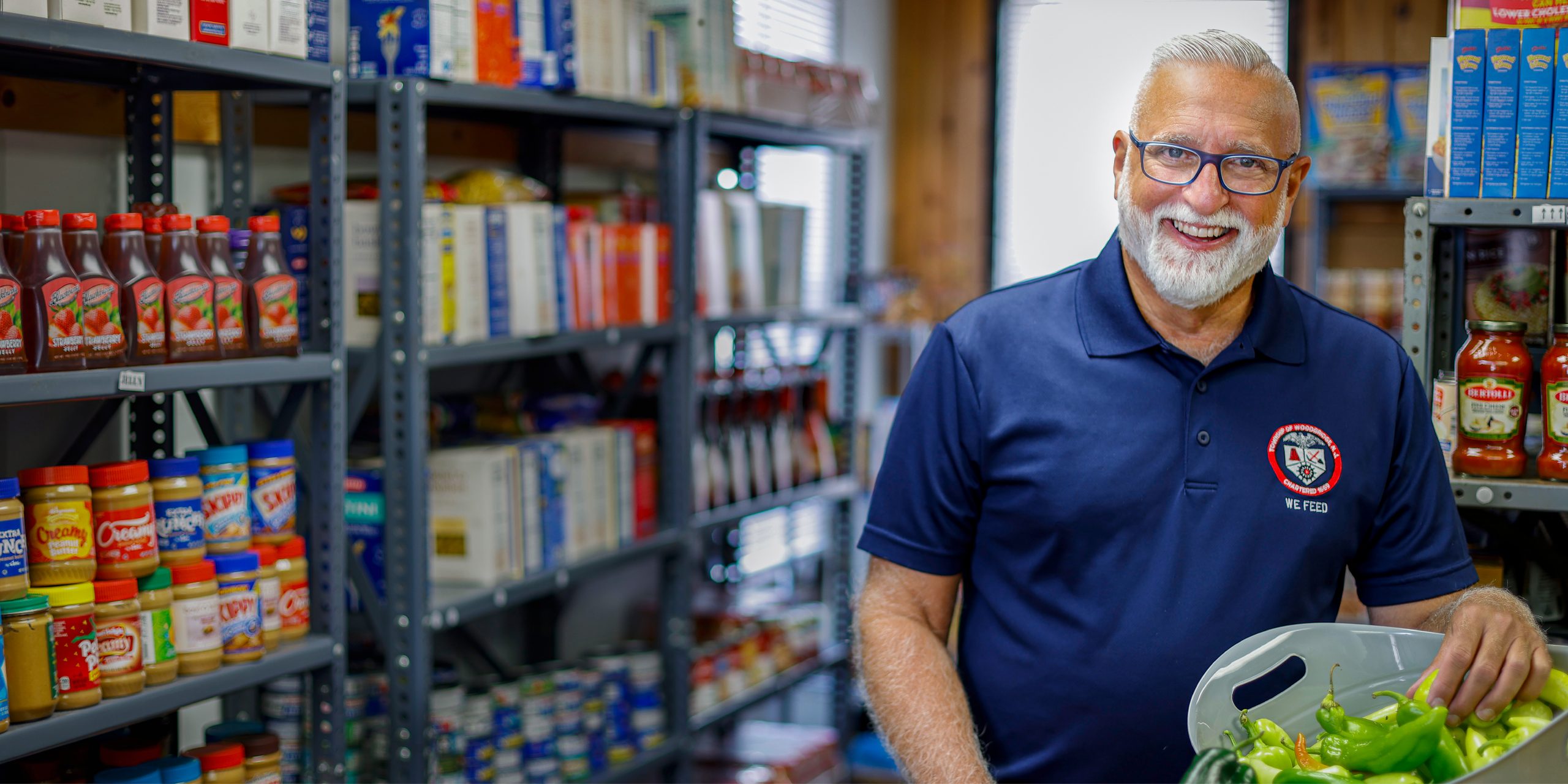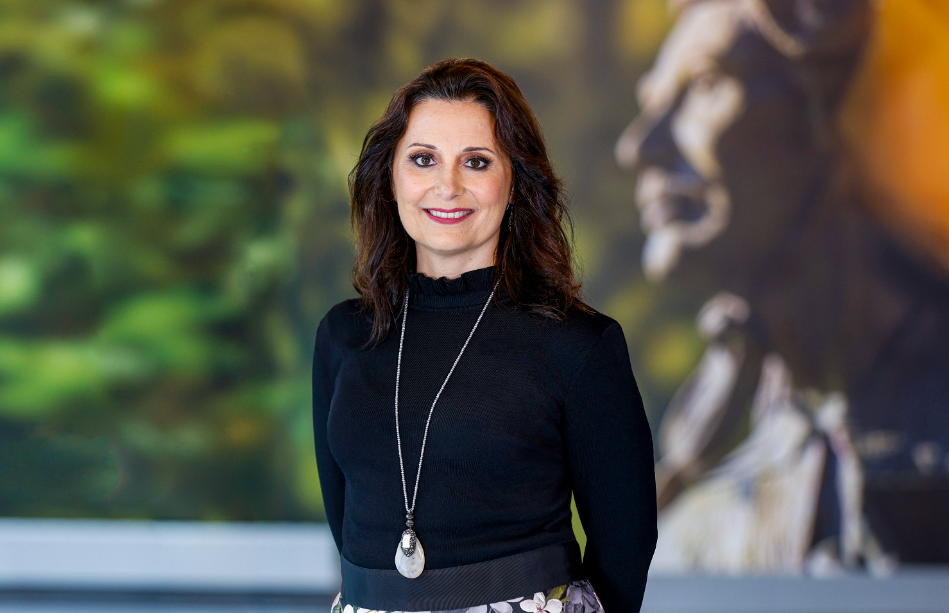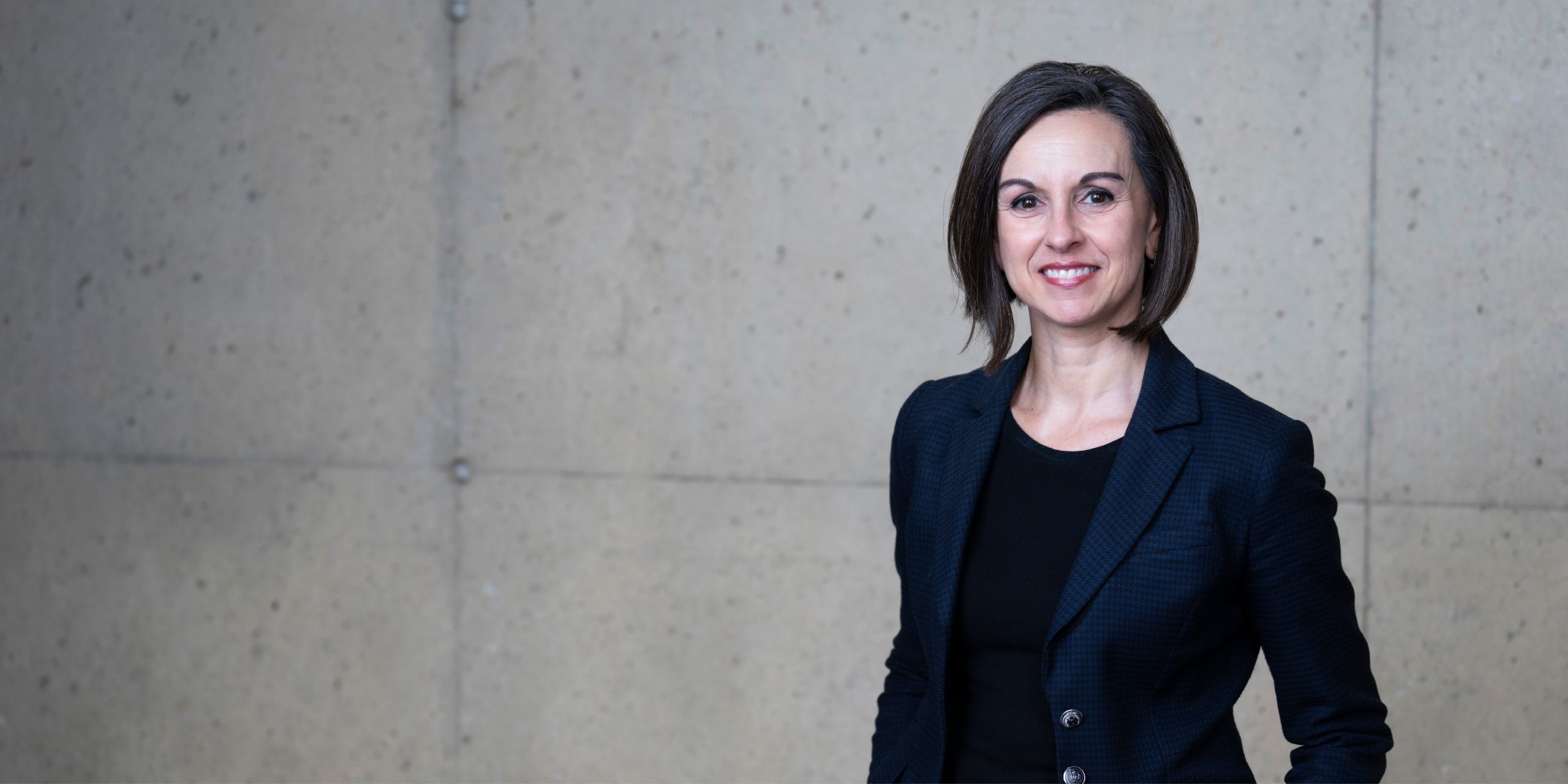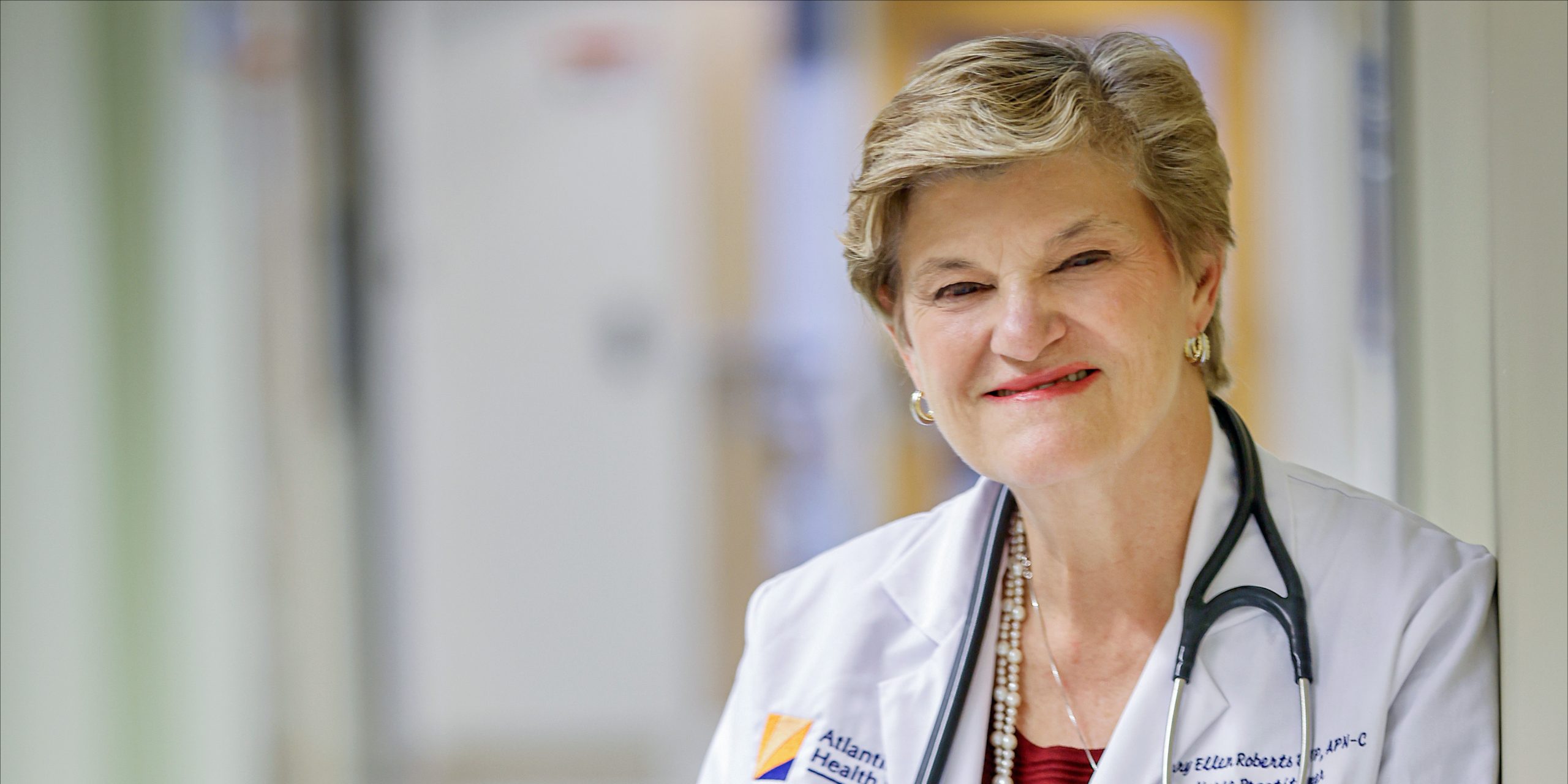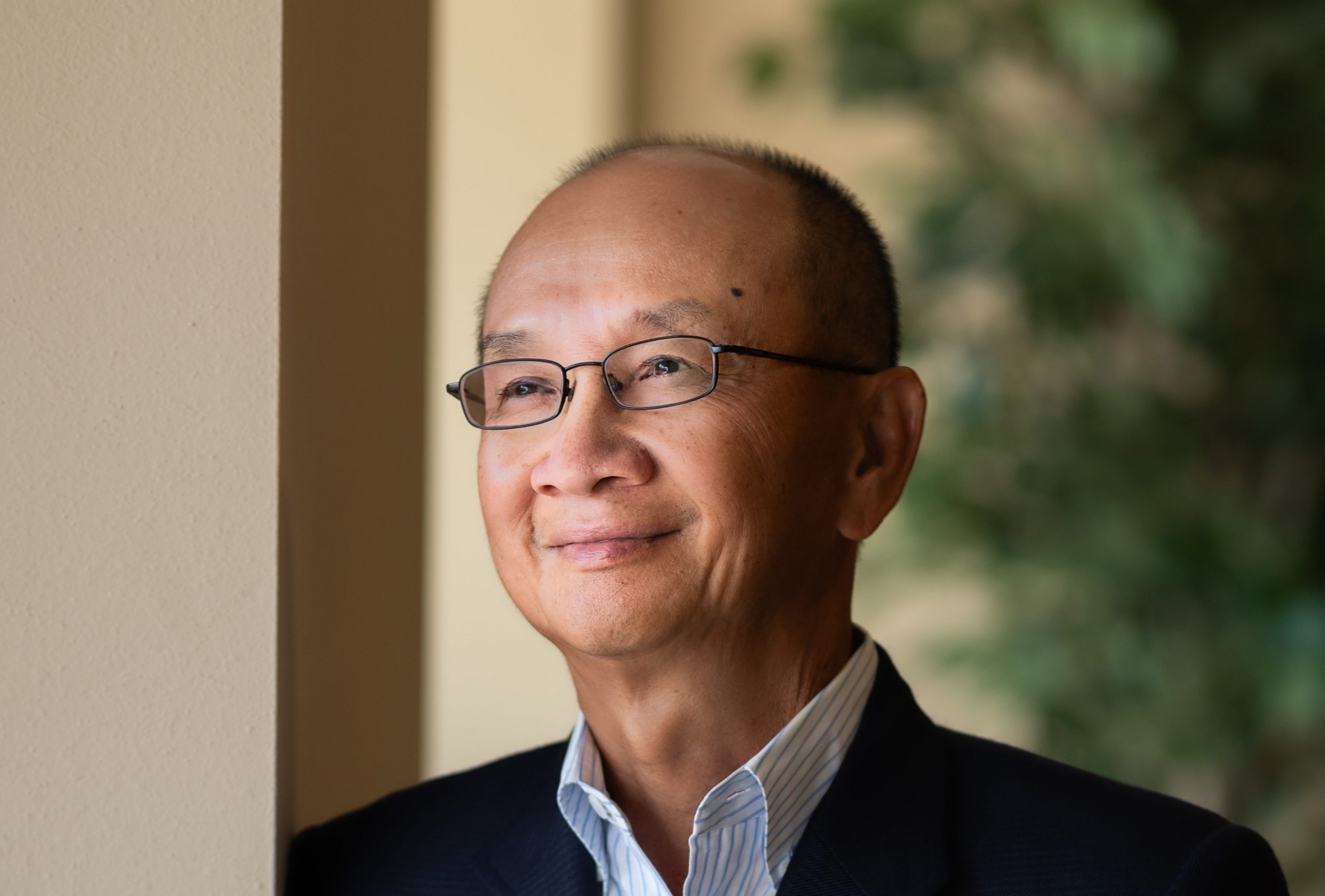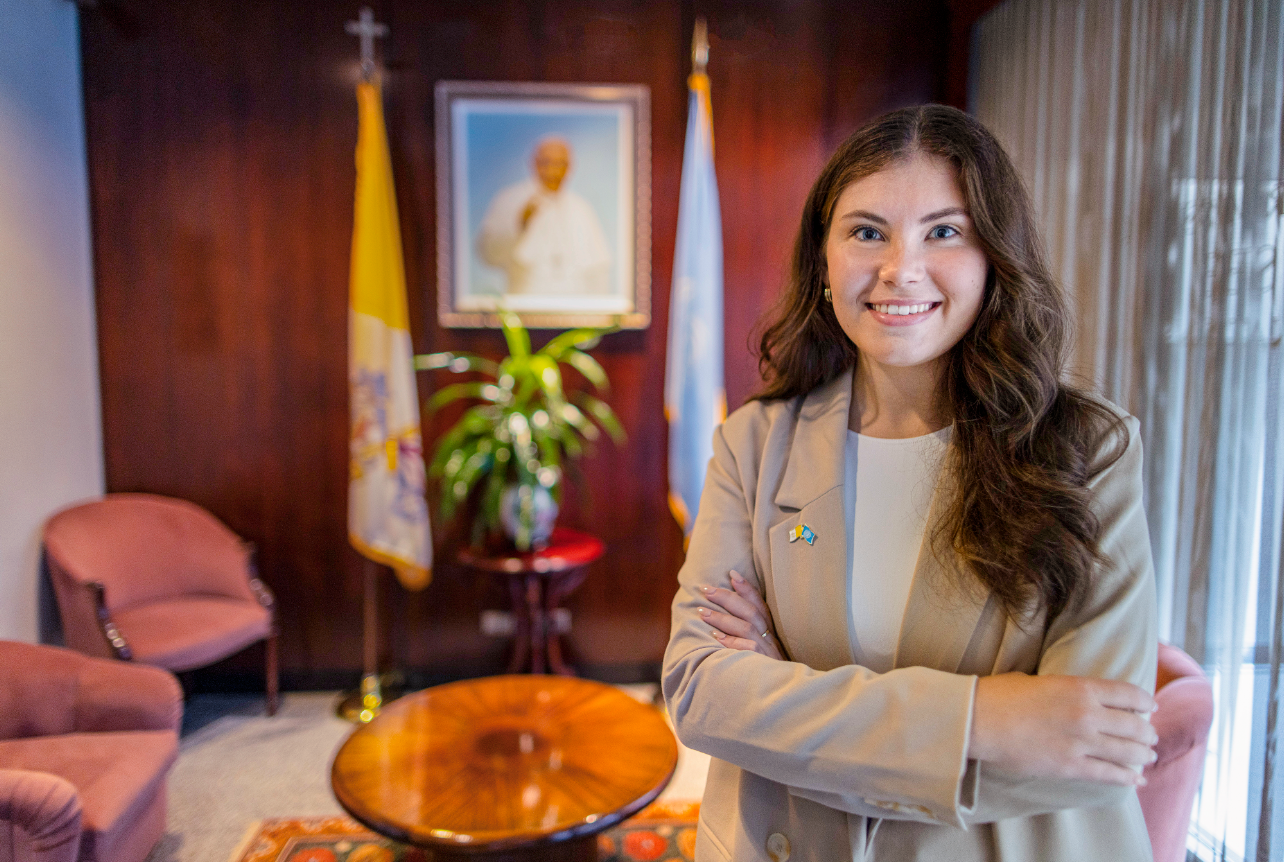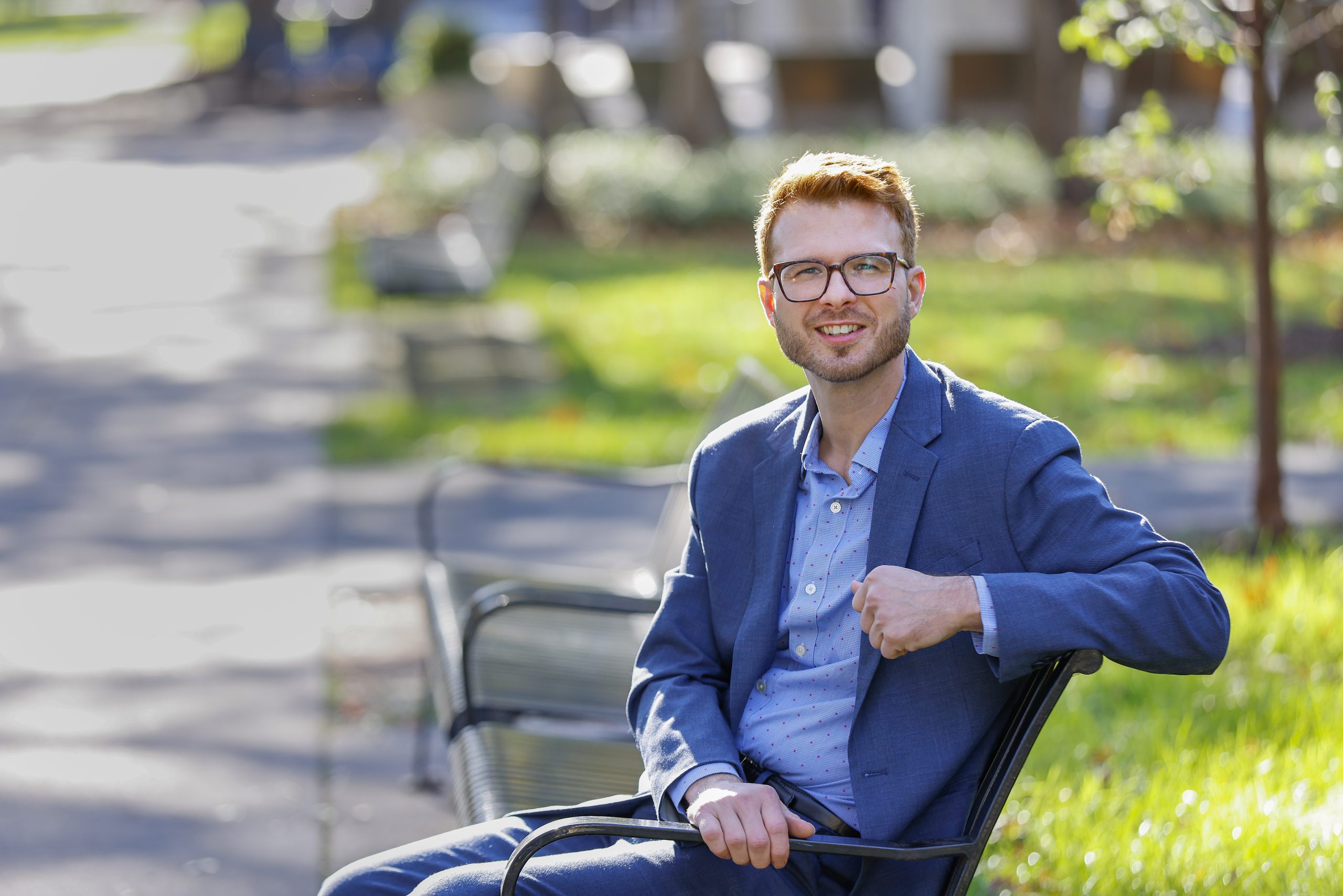By Kevin Coyne The letter was from the bishop’s office and Peter Barcellona found it waiting for him when he returned to his Woodbridge home from a 2011 Easter-break trip to Washington with his youngest daughter. He had received several letters from the bishop’s office over the last year or so, mileposts along his latest…
1 CommentSeton Hall Magazine Posts
It has been four months since I received the extraordinary opportunity to serve Seton Hall as interim president.
Comments closedBy Christopher Hann Tonya Ugoretz, M.A. ’01 was just 18 months into her career at the Federal Bureau of Investigation — 18 months removed from graduating with the first full class at Seton Hall’s School of Diplomacy and International Relations — when in 2003 she was chosen to serve as the daily intelligence briefer for…
Comments closedBy Amanda Loudin Nurses are the nation’s caregivers, but there aren’t enough of them. The shortfall nationwide could reach 450,000 by 2025, according to a recent McKinsey report, a situation the consulting firm deemed “dire.” Mary Ellen Roberts, associate professor in the College of Nursing and chair of the graduate nursing department, is determined to…
Comments closedBy Ruth Zamoyta It was 1975, seven days before the fall of Saigon at the end of the Vietnam War. From his home in Saigon, Tom Tran’s parents drove the 18-year-old to the airport and left him with a command: “Just follow everybody else.” There were thousands of people in the airport, trying to escape…
Comments closedBy Molly Petrilla Red, white and yellow confetti whirled past David Glover Jr., M.S. ’04 as he stood on the football field last February, emotions overflowing. “You’re so excited and you don’t even know where to go, what to do,” he says. “Everybody’s hugging, everybody’s crying. You’re looking for your parents in the stands. You’re…
Comments closedBy Amanda Loudin Juggling a full load of classes while holding down a nine-to-five job is never easy, but when that job is being an intern at the United Nations, it can be particularly challenging. Maria Smutelovicova ’23 managed the juggling act like a pro. “Maria has a very strong work ethic and skill set,”…
Comments closedBy Shawn Fury Kelsey Carr’s junior season for the Seton Hall softball team featured dominant performances as a pitcher and clutch displays as a hitter. She spearheaded a remarkable turnaround in the standings as the Pirates finished 42-18 and captured the BIG EAST Tournament Championship for the first time since 2005. But the seeds to…
Comments closedBy Shawn Fury Seton Hall diver Quinn Murtha took an unusual path on his way to Division I success. Unlike student-athletes who get courted by dozens of colleges, the Georgia native says, “I never really took diving that seriously. I was just going to be done after my senior year. And then I think my…
Comments closedBy Anthony D’Angelico There is no limit to how far a mentor can help a student. Kevin Majewski, Ph.D. ’18 is proof of this. Majewski credits much of his academic journey’s success to the team of supporters he had along the way. After relocating to Montana at a young age, Majewski faced multiple educational barriers.…
Comments closed
